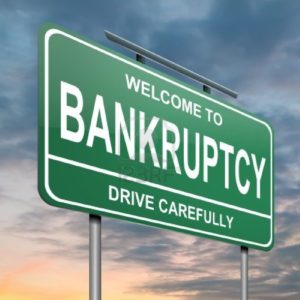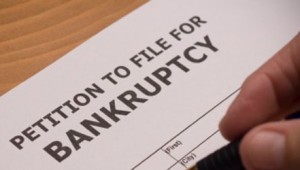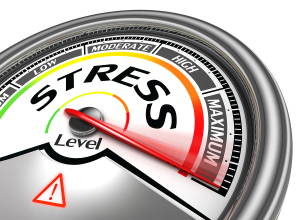 Bankruptcy isn’t the end of the world. It may even be good for you.
Bankruptcy isn’t the end of the world. It may even be good for you.
Bankruptcy stops collection calls, lawsuits and wage garnishments. It erases debt. And despite what you’ve heard, bankruptcy may help your credit scores.
Credit bureaus and scoring experts often say bankruptcy is the single worst thing you can do to your scores. Foreclosures, repossessions, charge-offs, collections — nothing else can drive your scores down as fast and far as a bankruptcy.
In my latest for NerdWallet, a look at when bankruptcy is the most helpful option.
 Today’s top story: How to apply for a credit card after bankruptcy. Also in the news: Avoiding stress while paying down debt, the biggest tax “break” you shouldn’t forget, and how to slash your cable bill.
Today’s top story: How to apply for a credit card after bankruptcy. Also in the news: Avoiding stress while paying down debt, the biggest tax “break” you shouldn’t forget, and how to slash your cable bill. Today’s top story: Tax mistakes newlyweds make and how to avoid them. Also in the news: What financial documents are safe to shred, how to rebuild your credit after a bankruptcy, and tips on negotiating a higher salary.
Today’s top story: Tax mistakes newlyweds make and how to avoid them. Also in the news: What financial documents are safe to shred, how to rebuild your credit after a bankruptcy, and tips on negotiating a higher salary. 



